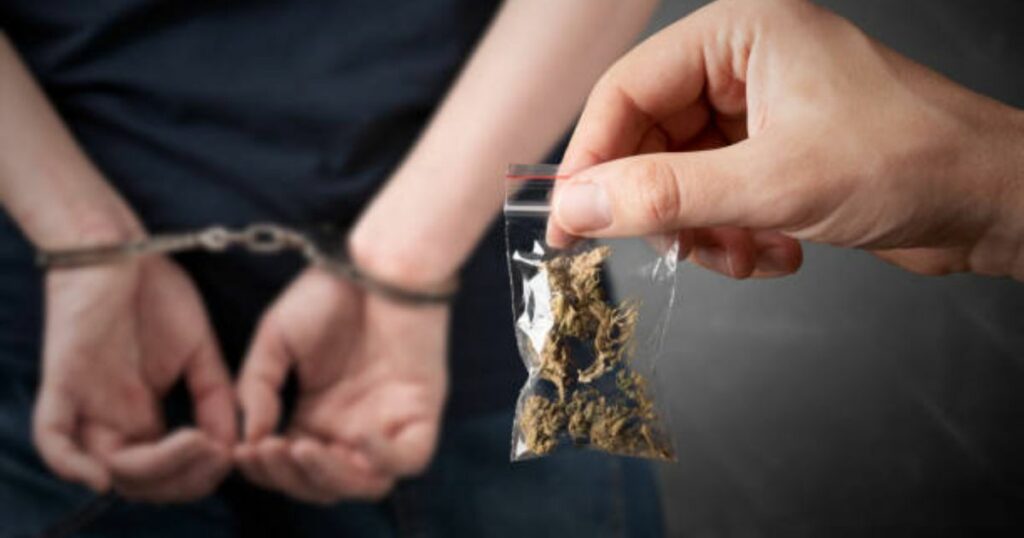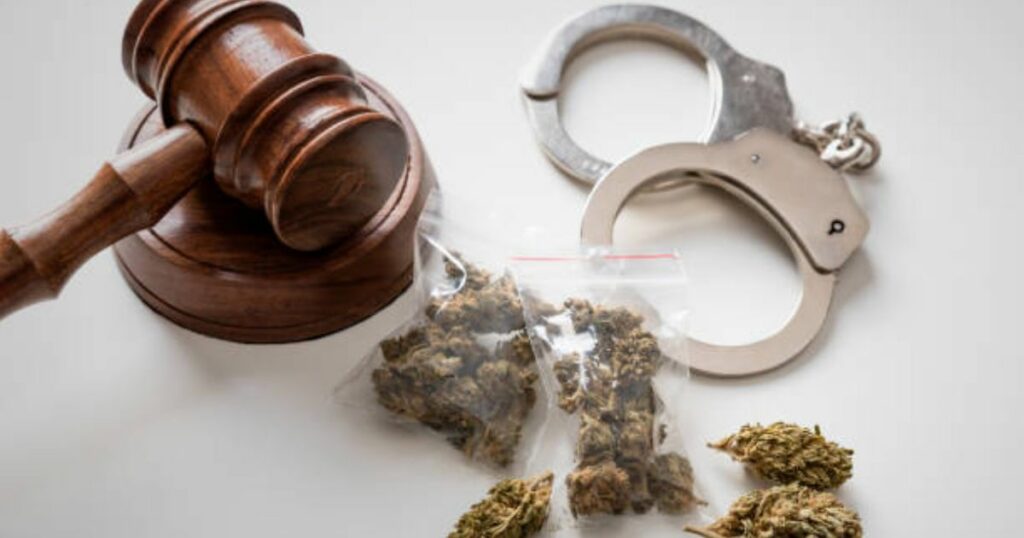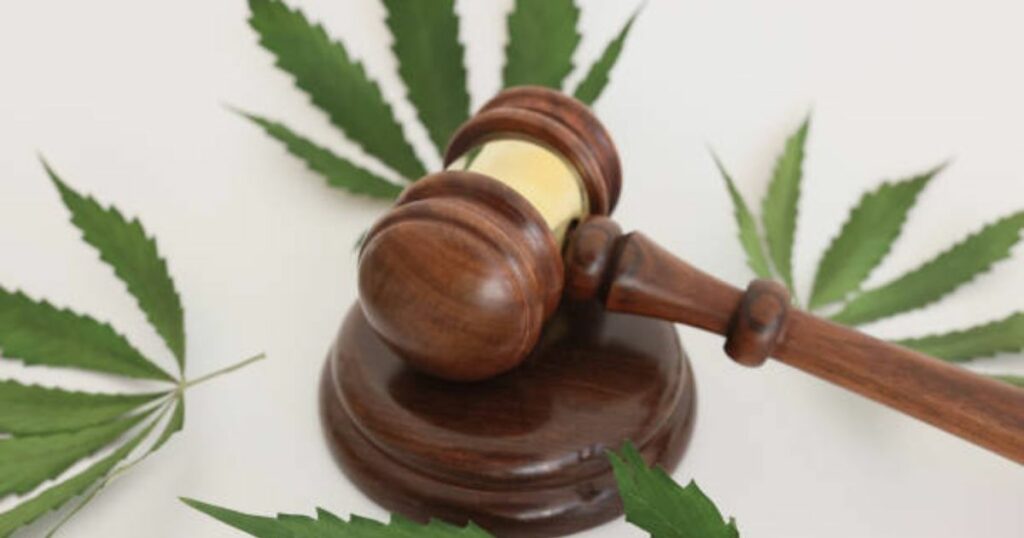In the multifaceted legal terrain of marijuana possession in Florida, understanding the nuances of possession, potential penalties, and available defenses is crucial. This article delves into the intricacies of possession, shedding light on the potential penalties individuals may face and the array of defenses available to them.
Whether it’s the possession of 20 grams of marijuana or being involved in cannabis-related incidents, this exploration aims to provide a thorough understanding of the legal framework surrounding marijuana possession in Florida.

According to Florida Statute Section 893.13(6) Possession of marijuana in Florida refers to the knowing or intentional control of the substance within the state’s legal jurisdiction. This legal concept encompasses various degrees and consequences based on the quantity of marijuana involved.
In Florida, a standard threshold for possession charges is the possession of 20 grams of weed or less, serving as a pivotal factor in determining the severity of legal repercussions.
The act of possession involves both knowledge and intent, implying that individuals are aware of the presence of marijuana and intentionally exercise control over it. This can manifest in various scenarios, from having marijuana on one’s person to controlling it within a residence or vehicle.

The penalties for possession of cannabis in Florida vary depending on several factors, primarily the quantity of marijuana in possession. The state classifies marijuana possession as a first-degree misdemeanor, and the severity of the punishment is influenced by the amount involved.
Individuals confronting initial possession charges may qualify for diversion initiatives, allowing them to sidestep a criminal record. This involves fulfilling specific requisites like engaging in community service or participating in drug education programs.

Defenses to charges of marijuana possession in Florida can differ depending on individual case circumstances. Consulting a qualified attorney is essential for determining the most appropriate defense strategy. Several common defenses include:
Disputing the legality of the search that uncovered marijuana is a defense strategy. If law enforcement is found to have violated the individual’s Fourth Amendment rights, any evidence obtained may be considered inadmissible in court.
Demonstrating that the individual was unaware of the presence of marijuana. If the prosecution cannot establish knowledge, a vital element of the offense is not satisfied.
Arguing against the concept of constructive possession, which implies control over an area where marijuana is found. Challenging the prosecution’s ability to link the individual to the marijuana can be a defense strategy.
In some instances, individuals with a valid medical need for marijuana may present a defense. While medical marijuana is legal in Florida for qualified patients, strict regulations apply.
Challenging the reliability of the crime lab analysis that determined the substance was marijuana. Issues with the testing process or chain of custody may undermine the prosecution’s case.
If marijuana is discovered during a vehicle search, challenging the legality of the search can be a defense. Law enforcement must have a valid reason to search without a warrant.
Arguing that law enforcement induced the individual to possess marijuana, and they would not have done so otherwise.
In cases where the amount of marijuana is near the legal threshold for misdemeanor charges, challenging the accuracy of the weight measurement can be a defense strategy.
Erase the Case extends invaluable assistance to individuals facing convictions by providing specialized services, including expunging criminal records.
Following a conviction, Erase the Case guides individuals through expunging their criminal records to erase or seal the conviction from public access. This service is particularly beneficial for those seeking a fresh start and opportunities unhindered by the stigma of a criminal record.
Generally, marijuana possession is illegal in Florida, with some exceptions for medical use under specific conditions.
Indeed, marijuana is classified as a controlled substance in Florida, and its possession is subject to stringent regulations outlined in state law.
The cultivation of marijuana plants is considered a felony, and the severity of the charge is contingent on the number of plants involved.
Possession of 20 grams or less is typically categorized as a misdemeanor in Florida, representing a lower threshold for legal consequences.



